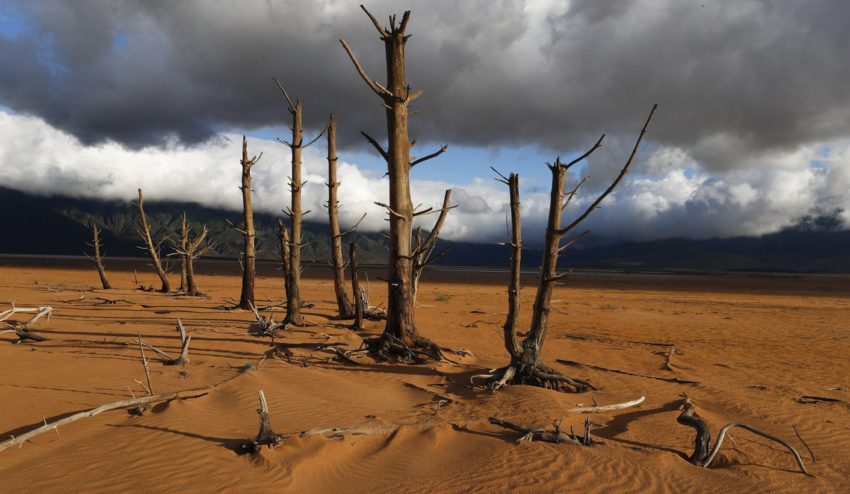Cape Town is fighting the worst drought in recorded history, but leveraged the opportunity to position itself as a leader in innovation and resilience in the field of water management to attract new conferences.
Cape Town’s worst drought in recorded history was feared to spell disaster for the city’s tourism economy as photos of water lines and doomsday headlines started appearing on news broadcasts around the world.
As the top ranked city in Africa for business tourism events by the International Congress and Convention Association, Cape Town relies on conferences not only for the visitor boost but to attract investors. Rather than scare conferences away, however, the crisis became an opportunity to become a knowledge leader and global champion in an under-recognized but growing field.
In addition to the Young Water Professionals Conference held in December 2017, Cape Town will host three water-related conferences in 2018 including the International Water Association’s 2018 Water Loss Conference held in early May. It was the first IWA conference to be held in Africa and seen as an opportunity to highlight best practices from across the continent.
“One of the criteria for selection is how appealing and relevant a destination is for water professionals from a professional development and learning perspective,” explains Kirsten de Vette, Learning and Capacity Development officer, IWA World Water Congress & Exhibition. “In Cape Town’s case, the drought provided attendees an opportunity to learn first hand about the response of the city to such a severe crisis.”
Proactive Approach
The Cape Town International Convention Centre proactively prepared for the worsening drought conditions, reducing its annual water consumption by 8 million liters over the last 6 years, and recording a 42-percent savings in water consumption between the first quarter of 2017 and 2018. CTICC chief executive Julie-May Ellingson wrote all clients in early 2018 alerting them of the center’s efforts to reduce water usage and the learning opportunity at hand.
Water professionals are aligning themselves with Cape Town to spark further opportunities for the sector as a whole.
“Cape Town’s drought crisis has provided an opportunity to elevate the relevance and importance of an event such as the WISA biennial conference, given the organization is the largest professional membership body for representatives within the water sector”, explains Jason Mingo, Chief Scientific committee member at Water Institute of Southern Africa.
WISA has been instrumental in driving the International Water Association – Water Loss Conference 2018 and their own Biennial Conference and Exhibition 2018 to Cape Town. The biennial event aims to be water neutral, offsetting the water footprint of almost 1,000 expected delegates.
“‘Never waste a good crisis’, remains an apt motto within the water sector,” says Mingo.
Building a Legacy
Information sharing is at the crux of Cape Town’s growing knowledge hub, explains Corne Koch, Head of the Cape Town and Western Cape Convention Bureau, who takes a holistic approach to hub building.
“Even before the water crisis became a huge challenge, conferences identified opportunities to build a legacy in the destination. The bureau drives discussion about knowledge sharing and building legacy with conference planners,” said Koch. “Conferences promote and support other business sectors, providing direct and indirect opportunities, to spread knowledge. This creates additional opportunities to attract other meetings and conferences.”
The water adjacent International Conference on Sanitation,Waste and Water will be hosted in Cape Town in November, and is not likely to be the last of Cape Town’s growing water-related lineup.
This article was written by Boardroom editor, Samantha Shankman (samantha@boardroom.global).
